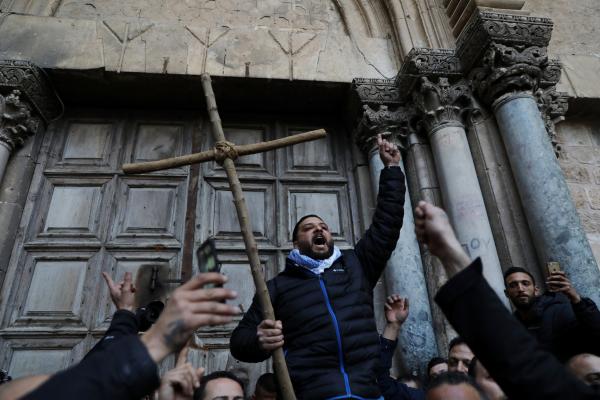Mar 13, 2018
“It is absurd for Jerusalem residents to fund municipal services for the churches … on their own, and for the municipality to be prevented from collecting enormous sums that could significantly improve the city’s development and services,” Barkat said.
Read the Full Article

Already a subscriber? Login
